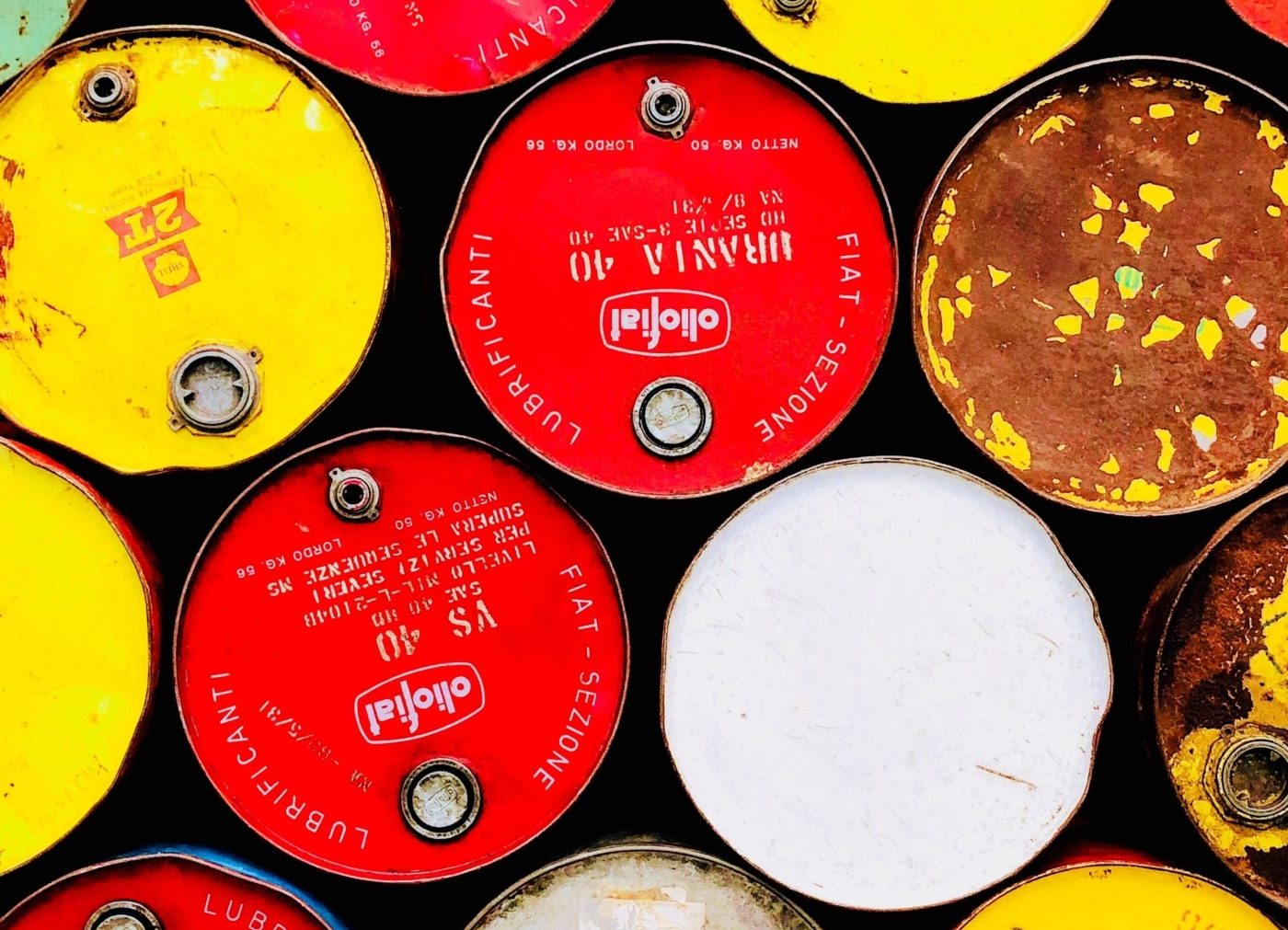The Foundations of Finance – OPEC
When oil prices are hitting the headlines, OPEC play a lead role in dominating news stories. Yet, The Organisation of the Petroleum Exporting Countries (OPEC), is seldom studied beyond the acronym. OPEC are serious players when it comes to dictating oil markets and the wider economy as a result.
The organisation was set up in 1960, aiming to coordinate and unify oil production policies of governments worldwide. The 5 founding members were Iran, Iraq, Kuwait, Saudi Arabia and Venezuela. However, in recent years the organisation has expanded to include 15 member states including Libya, UAE and Nigeria. 1960 saw a globalised oil market, with demand growing; but the market was controlled by 7 western companies including Shell and BP. OPEC was therefore created to gain market control, regulate supply and control prices. They effectively act as a cartel, and in 1973 got a foothold in the market by beginning an oil embargo which quadrupled the crude oil price.
The organisation now has bi-annual meetings with non-members such as Russia for a more comprehensive coordination of prices and supply
Holding 82% of total global oil reserves, eyes turn to OPEC’s annual meetings for a sign of which way the oil market is heading next. The organisation now has bi-annual meetings with non-members such as Russia for a more comprehensive coordination of prices and supply. This has been seen as necessary for OPEC, whose influence on the market has been dwindling in recent years.
Although they dominate oil reserves, OPEC’s position as the ultimate supplier of oil has been called into question. The 2015 oil price collapse encouraged new suppliers in the form of Canada and the U.S. to enter the market. With the United States being the world’s largest consumer of oil, demand for OPEC oil dropped, now that the world’s largest economy was beginning to provide for itself. The International Energy Agency (IEA) predicted just this week that US dominance in oil is only going to increase.
Qatar’s recent announcement that they will be leaving OPEC serves a major blow to the strength of the organisation. Boasting the third largest oil reserves, the nation’s decision to focus on gas production reduces the price making ability of the cartel. These factors have prompted plans from OPEC to cut production in an attempt to stabilise prices following the tumble in the value of crude this Autumn.
On a micro level, oil prices have a strong influence on household and business budgets
Fluctuating oil prices can drive economic and political change. On a micro level, oil prices have a strong influence on household and business budgets. This is most notably seen through oil price changes having knock-on effects for fuel and energy costs. OPEC’s decision to cut supply will also influence macroeconomic indicators. Higher prices will lead to higher inflation, as well as hampering economic growth. Higher prices increase the cost of production, and therefore economies will produce less than they otherwise would have.
Oil price collapses can yield similar effects. In oil rich Venezuela, a collapse in the oil price was partially responsible for intensifying the economic and political turmoil that has gripped since 2010. Falling prices reduced growth in an unbalanced economy that relied on exporting oil to keep business ticking over. Poor trade balances depreciated their currency, the bolívar, and inflation skyrocketed, almost hitting 1,000,000%.
The strength of OPEC will continue to wane as investment moves towards alternatives and hydrocarbons. Development of fuel cells and geothermal energy has increased following the desire for renewable energy to drive the economy. However, whilst energy production moves away from oil, it will be a while before financial news takes their focus away from the actions of this still influential oil cartel.

Comments
Comments are closed here.